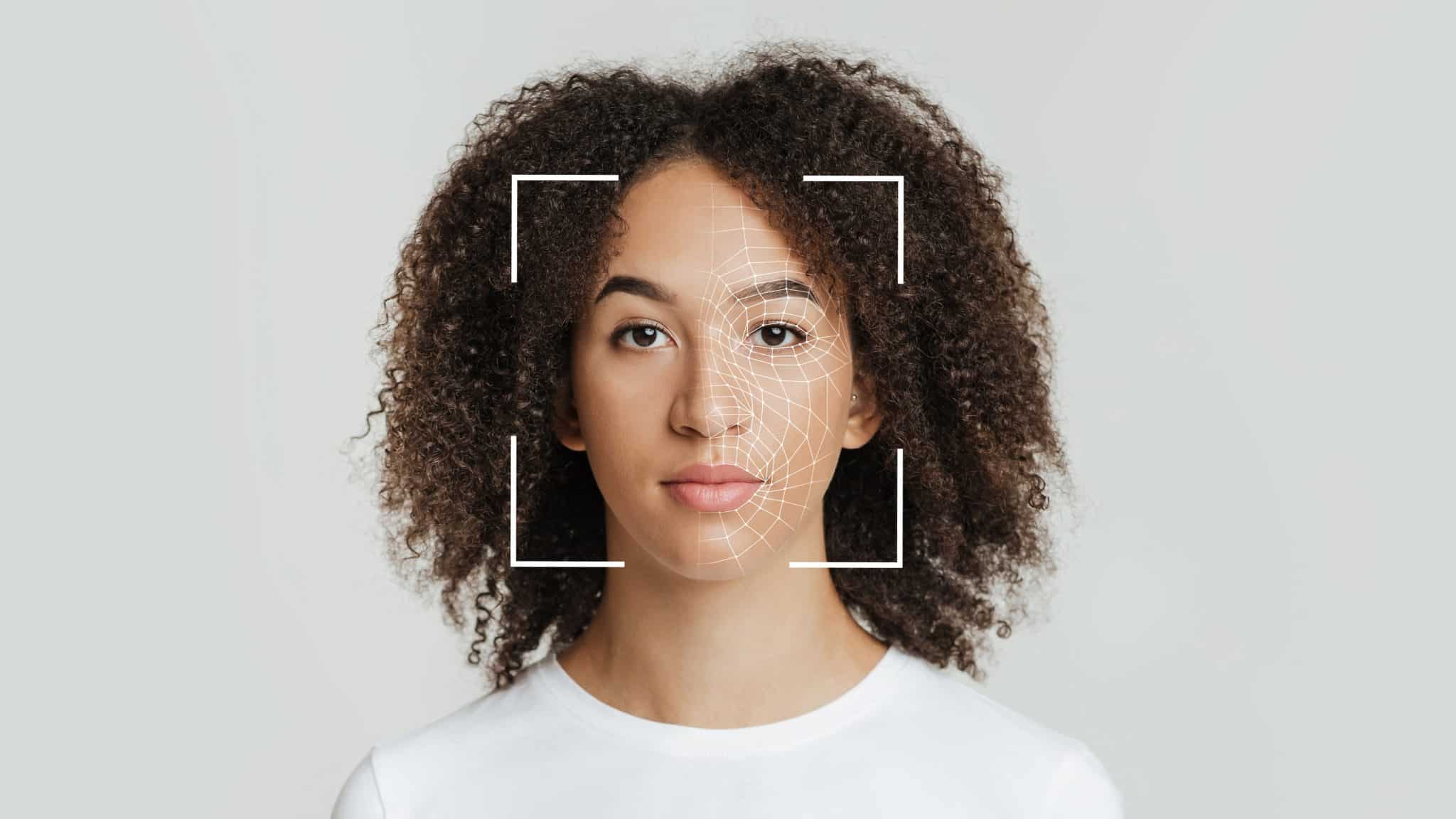China’s highest court has upheld the need for stronger protection of personal information, emphasizing to judges the need to maintain the crackdown on those who violate facial recognition rules.
China’s Supreme People’s Court released cases to illustrate examples when the privacy and data security of others were violated and how the perpetrators were penalized.
It comes following a new regulation, “Administrative Measures on the Security of Facial Recognition Technology Application,” which took effect June 1. Published by the Cyberspace Administration of China (CAC), the measures strengthen face biometric regulation to mandate choice and consent and apply to commercial uses of facial recognition, including hotel check-ins or physical access to gated communities.
One court case involved a man surnamed Xu who purchased the facial images of around 130 individuals online in June 2021. He also acquired software used to bypass facial recognition systems and used it to unblock multiple online gaming accounts. Xu rented out the software and resold the personal data gained from it, earning RMB 6,000 ($838) in the process.
Xu was sentenced to nine months in prison, fined, and had his illegally-made money confiscated along with mobile phones and computers.
Another case involved a man surnamed Li who used software provided by Xu to help others regain access to their blocked social media accounts by using loopholes in facial recognition software, according to China Daily.
Li made RMB 30,000 ($4,179) from reselling facial images and videos. He was sentenced to six months in prison, fined, and also had his money and electronics confiscated.
“The verdict from the lower court demonstrates the judiciary’s firm stance on protecting personal rights and serves as a warning to anyone seeking to illegally sell or provide facial recognition data,” the top court said, according to China Daily.
Lawyers interviewed by China Daily (a government-owned newspaper) suggested that strong enforcement can be carried out through criminal penalties, and in cases where large volumes of personal information are leaked, illegally collected or sold, prosecutors could consider filing public interest lawsuits.
The court also referenced another case where a defendant was sentenced to 37 months in prison after using software to illegally access passwords for 193 home surveillance cameras and took screenshots for personal use. The Supreme People’s Court said the courts should take a “zero tolerance” approach to the illegal control of smart home devices or similar. Judges were advised to hand down strong penalties in such cases.
Related Posts
Article Topics
biometric data | China | data protection | facial recognition | regulation
Latest Biometrics News
Globally, financial companies are moving to strengthen their digital security and identity protocols, leveraging biometrics, FIDO standards and cryptography to…
By Nathalie Gosset, VP Identity and Biometric Solutions at Thales Trust is the invisible infrastructure of the digital world. Without…
Brazil has mandated face biometrics for use in large stadiums, a landmark move for the widespread implementation of the technology….
By Andrew Black, Managing Director ConnectID and Sujeet Rana, Chief Digital Officer NAB For years, we accepted an implicit trade-off…

